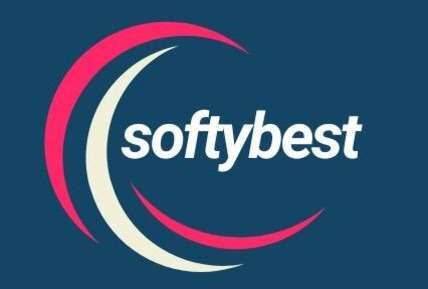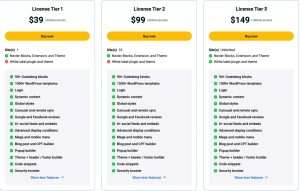Email marketing remains one of the most effective ways to connect with your audience, drive sales, and build lasting relationships. With countless email marketing providers available, choosing the right one can feel overwhelming.
In this comprehensive guide, we will explore the best email marketing providers of 2025, helping you make an informed decision that aligns with your business goals. Whether you’re a small business owner, a marketer, or someone looking to enhance your email campaigns, this article will provide valuable insights into the top platforms available today.
Key Takeaways
- Discover the top email marketing providers for 2025.
- Understand the key features, pros, and cons of each platform.
- Learn actionable tips to maximize your email marketing efforts.
- Find answers to common questions about email marketing.
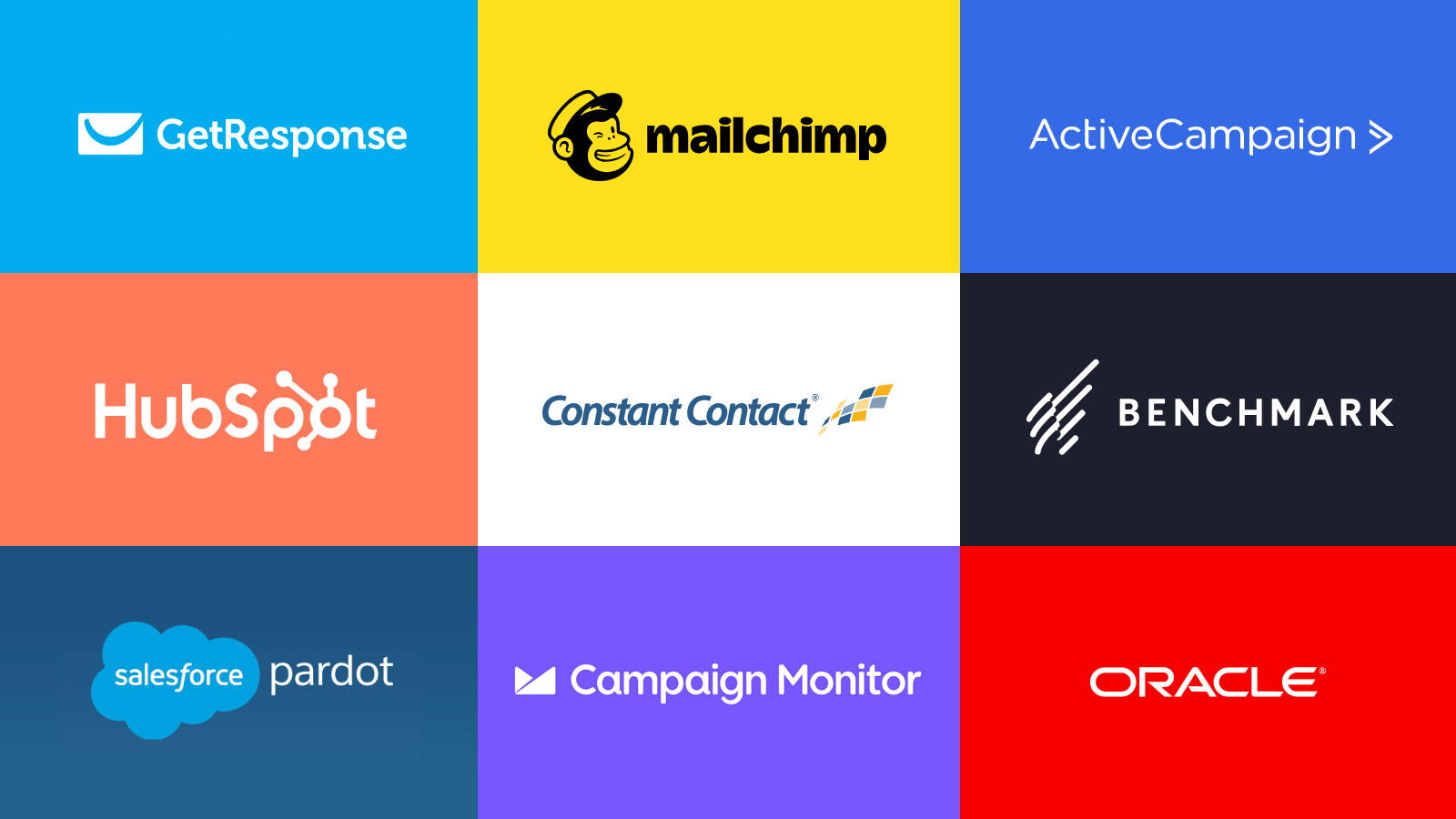
What is Email Marketing?
Email marketing is a digital marketing strategy that involves sending emails to a targeted audience to promote products, services, or brand awareness. According to a 2022 study published in the Journal of Marketing Research, email marketing has an average ROI of $42 for every dollar spent, making it one of the most cost-effective marketing channels available.
Why Use Email Marketing?
- Direct Communication: Email allows businesses to communicate directly with their audience, ensuring that messages reach the intended recipients.
- Personalization: With email marketing, you can tailor your messages based on user behavior, preferences, and demographics, leading to higher engagement rates.
- Cost-Effective: Compared to traditional marketing methods, email marketing is relatively inexpensive, making it accessible to businesses of all sizes.
- Measurable Results: Most email marketing platforms provide analytics that allow you to track open rates, click-through rates, and conversions, helping you refine your strategies.
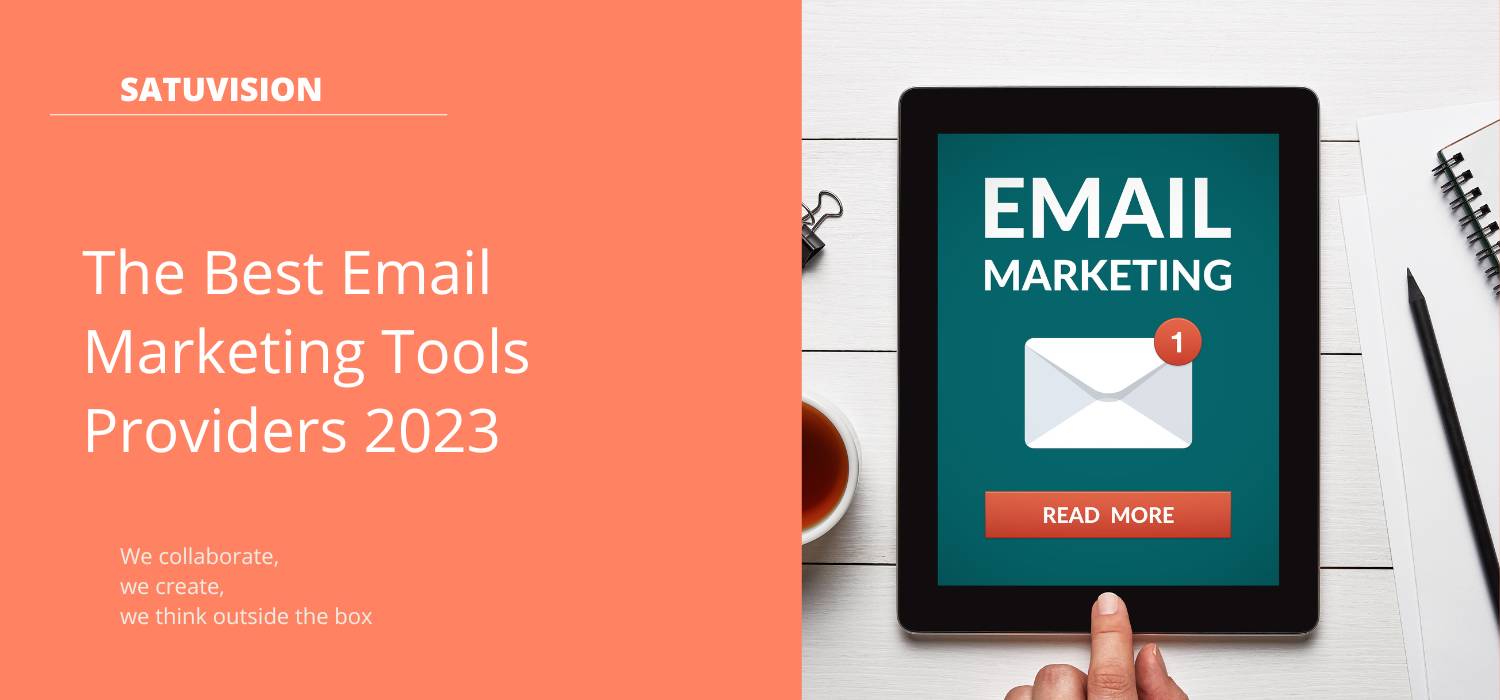
Top Email Marketing Providers of 2025
1. Mailchimp
MailChimp has been a leader in the email marketing space for years. A 2021 survey by Statista found that Mailchimp was the most popular email marketing service, with over 15% of marketers using it. Its user-friendly interface and robust features make it a great choice for beginners and experienced marketers alike.
Key Features:
- User-friendly interface
- Advanced segmentation options
- A/B testing capabilities
- Comprehensive analytics
Pros:
- Free plan available for beginners
- Extensive integrations with other platforms
- Strong automation features
Cons:
- Pricing can increase significantly as your list grows
- Limited customer support on lower-tier plans
Ideal Users: Small to medium-sized businesses looking for an easy-to-use platform.

2. Constant Contact
Constant Contact is known for its exceptional customer service and user-friendly design. According to a 2022 report from EmailToolTester, Constant Contact has a satisfaction rating of 4.5 out of 5, making it a reliable choice for those new to email marketing.
Key Features:
- Drag-and-drop email builder
- Event marketing tools
- Social media integration
- List segmentation
Pros:
- Excellent customer support
- 60-day free trial
- Easy to use for beginners
Cons:
- Limited automation features compared to competitors
- Higher pricing tiers for advanced features
Ideal Users: Small businesses and nonprofits looking for straightforward email marketing solutions.

3. Sendinblue
Sendinblue stands out for its unique combination of email and SMS marketing. A 2023 study from MarketingProfs found that businesses using multi-channel marketing strategies, including email and SMS, saw a 30% increase in engagement rates.
Key Features:
- SMS marketing capabilities
- Advanced automation workflows
- Real-time reporting
- Landing page creation
Pros:
- Affordable pricing plans
- Unlimited contacts on all plans
- Strong automation features
Cons:
- Email sending limits on lower-tier plans
- Learning curve for advanced features
Ideal Users: Businesses looking for a comprehensive marketing solution that includes email and SMS.
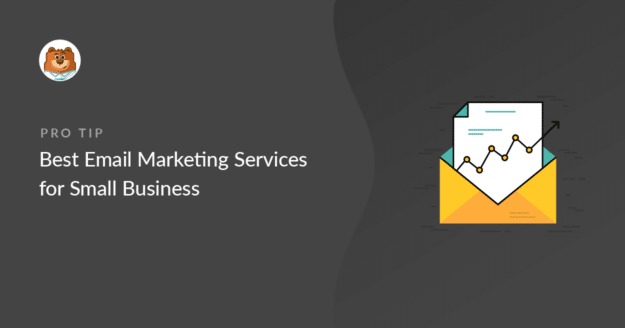
4. HubSpot
HubSpot is more than just an email marketing provider; it’s a complete marketing platform. According to a 2022 report from G2, HubSpot is rated as one of the top marketing software solutions, with a user satisfaction score of 4.5 out of 5. Its integration with CRM tools makes it a powerful choice for businesses focused on growth.
Key Features:
- CRM integration
- Advanced analytics and reporting
- Marketing automation
- A/B testing
Pros:
- Comprehensive marketing suite
- Excellent customer support
- Free tier available with basic features
Cons:
- Can be expensive for advanced features
- Steeper learning curve for beginners
Ideal Users: Medium to large businesses looking for an all-in-one marketing solution.

5. AWeber
AWeber has been in the email marketing game for over 20 years. A 2021 survey by EmailToolTester found that AWeber users reported a 20% increase in open rates after switching to the platform, highlighting its effectiveness in engaging audiences.
Key Features:
- Drag-and-drop email builder
- Autoresponder capabilities
- List segmentation
- Analytics dashboard
Pros:
- Great for small businesses and entrepreneurs
- 30-day free trial
- Strong customer support
Cons:
- Limited design options compared to competitors
- Pricing can be high for larger lists
Ideal Users: Small businesses and entrepreneurs looking for a straightforward email marketing solution.
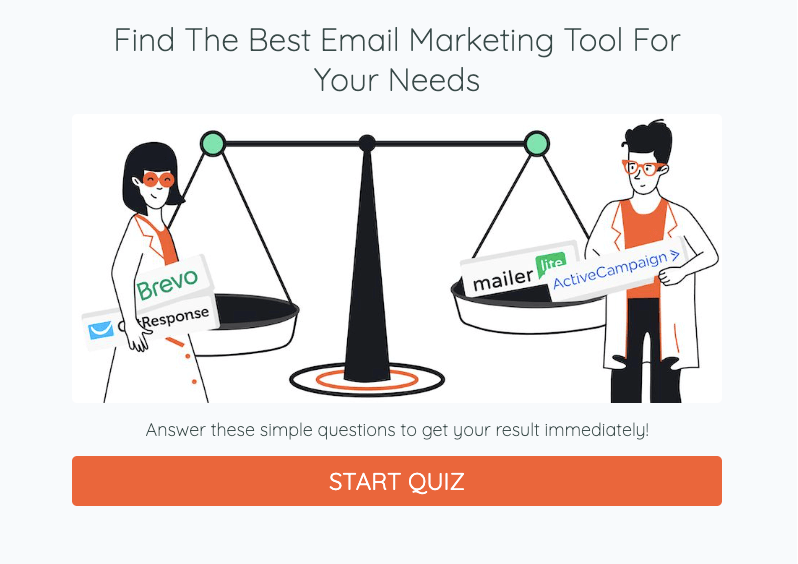
6. GetResponse
GetResponse is a powerful email marketing tool that also offers webinar hosting. According to a 2022 study from MarketingSherpa, businesses that incorporate webinars into their marketing strategies see a 40% increase in lead generation.
Key Features:
- Webinar hosting capabilities
- Landing page builder
- Advanced automation features
- A/B testing
Pros:
- Affordable pricing plans
- Comprehensive marketing tools
- Excellent customer support
Cons:
- Limited template options
- Learning curve for advanced features
Ideal Users: Businesses looking for a versatile marketing platform that includes webinars.

7. ActiveCampaign
ActiveCampaign is known for its robust automation features. A 2023 report from EmailMarketingReports found that businesses using ActiveCampaign saw a 25% increase in email engagement rates due to its advanced targeting and segmentation options.
Key Features:
- Advanced automation workflows
- CRM integration
- A/B testing
- Segmentation and targeting
Pros:
- Powerful automation features
- Excellent customer support
- Comprehensive reporting
Cons:
- Steeper learning curve for beginners
- Higher pricing for advanced features
Ideal Users: Businesses looking for advanced automation capabilities.

Actionable Tips for Choosing the Right Email Marketing Provider
- Define Your Goals: Before selecting a provider, determine what you want to achieve with your email marketing campaigns. Are you looking to increase sales, build brand awareness, or engage with your audience?
- Consider Your Budget: Evaluate your budget and choose a provider that offers the features you need without breaking the bank. Many providers offer free trials, so take advantage of these to test the waters.
- Look for Integrations: Ensure that the email marketing provider you choose integrates seamlessly with your existing tools, such as your CRM, e-commerce platform, or social media accounts.
- Evaluate Customer Support: Good customer support can make a significant difference, especially if you encounter issues or have questions. Look for providers with strong support options, including live chat, email, and phone support.
- Test and Optimize: Once you’ve chosen a provider, continuously test and optimize your email campaigns. Use A/B testing to determine what works best for your audience and adjust your strategies accordingly.

Frequently Asked Questions about Bethe St Email Marketing Providers
1. What is the best email marketing provider for beginners?
MailChimp is often recommended for beginners due to its user-friendly interface and free plan, making it easy to get started with email marketing.
2. How much does email marketing cost?
The cost of email marketing varies by provider and the size of your email list. Many providers offer tiered pricing based on the number of subscribers, with plans ranging from free to several hundred dollars per month.
3. Can I use email marketing for e-commerce?
Yes, email marketing is highly effective for e-commerce businesses. It can be used to send promotional offers, abandoned cart reminders, and personalized product recommendations.
4. How do I improve my email open rates?
To improve open rates, focus on crafting compelling subject lines, segmenting your audience, and sending emails at optimal times based on your audience’s behavior.
5. Is it necessary to have a website to use email marketing?
While having a website can enhance your email marketing efforts, it is not strictly necessary. You can build an email list through social media, events, or other channels.
Conclusion
Choosing the best email marketing provider is crucial for the success of your marketing efforts. By understanding the features, pros, and cons of each platform, you can make an informed decision that aligns with your business goals. Remember to define your objectives, consider your budget, and continuously optimize your campaigns for the best results.
Now that you have a comprehensive understanding of the best email marketing providers, it’s time to take action. Explore the options available, sign up for free trials, and start crafting engaging email campaigns that resonate with your audience.
For more insights and tips on email marketing, check out this informative video:
